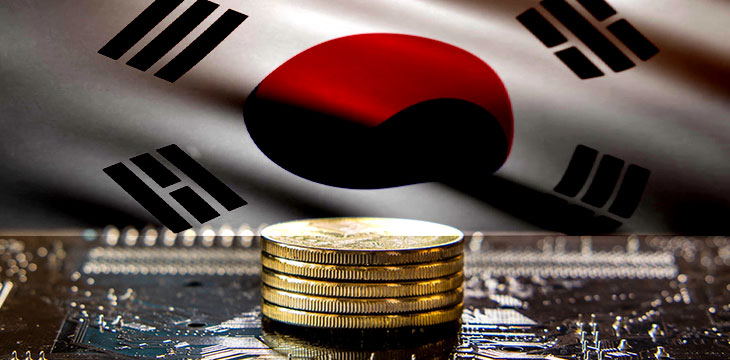|
Getting your Trinity Audio player ready...
|
The cryptocurrency community in South Korea is not happy with the country’s decision to ban initial coin offerings. According to local news, Presto, a blockchain start-up in the country, has reportedly claimed that it will file a constitutional appeal over the issued ban.
Presto filed for the appeal after their attempts to run a Decentralized Autonomous Organization-based Initial Coin Offering (DAICO) in South Korea failed. The company claims the ban has prevented them from conducting any of its operations in the country.
Currently, DAICOs are being used to improve the ICOs fundraising process. Presto added features of Decentralized Autonomous Organizations (DAOs) to help with the fundraising process. Using the new features, users can make use of smart contracts to vote for refunds if they lose faith in the project. Ideally, the DAICO project is a safe way to ensure the legitimacy of ICOs and protection of investors.
The ban was issued in September 2017. Now, Kang Kyung-Won, the CEO of Presto, said that their project has been hitting a snag due to the ban. He added that none of the relevant officials had taken measures to solve issues surrounding the ban in the country.
The company claims that the ban is infringing on “people‘s freedom of occupation and property and equal rights and scientist’s basic rights.” Kyung adds that such unconstitutional and pre-modern measures such as the ICO ban should not exist given the pace of technological development South Korea has experienced from the fourth industrial revolution.
South Korea has been in the front line when it comes to cryptocurrencies. The action to ban ICOs reflects poorly on their crypto stance. However, with the current fraudulent activities related to ICOs, regulating the industry is not a bad idea. According to reports, the number of ICOs has increased massively from $100 million in 2016 to $22 billion in 2018. Most of the ICOs conducted between 2017 and 2018 have ended up being fraudulent projects, costing investors millions of dollars.
Some of the ICO projects start well by giving investors huge returns. Soon, things start falling out, and the masterminds exit with all the money. With some South Korean investors still suffering the loss from the Shinil Group, the South Korean government will keep regulating the industry.

 03-05-2026
03-05-2026 




